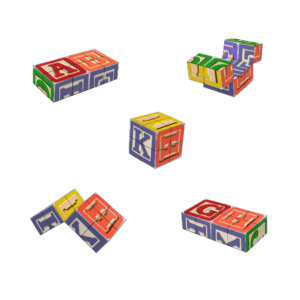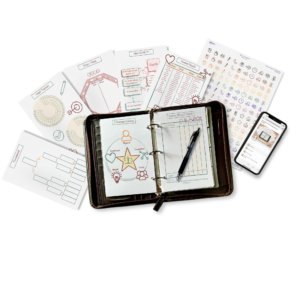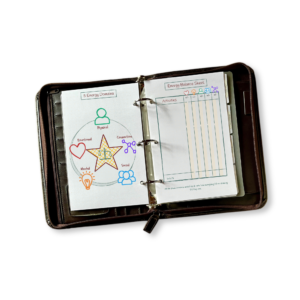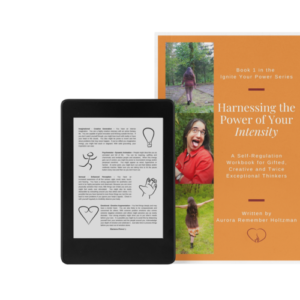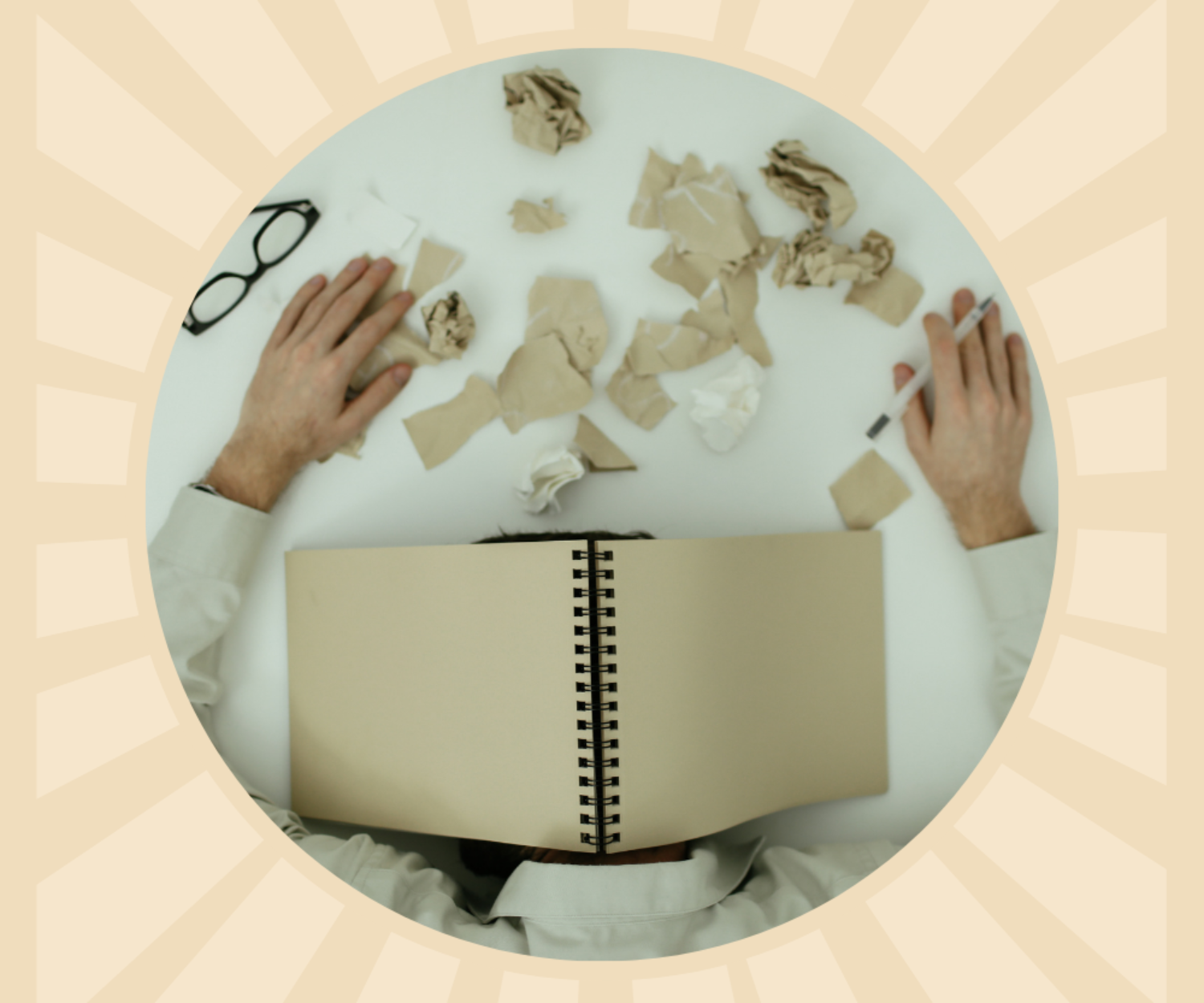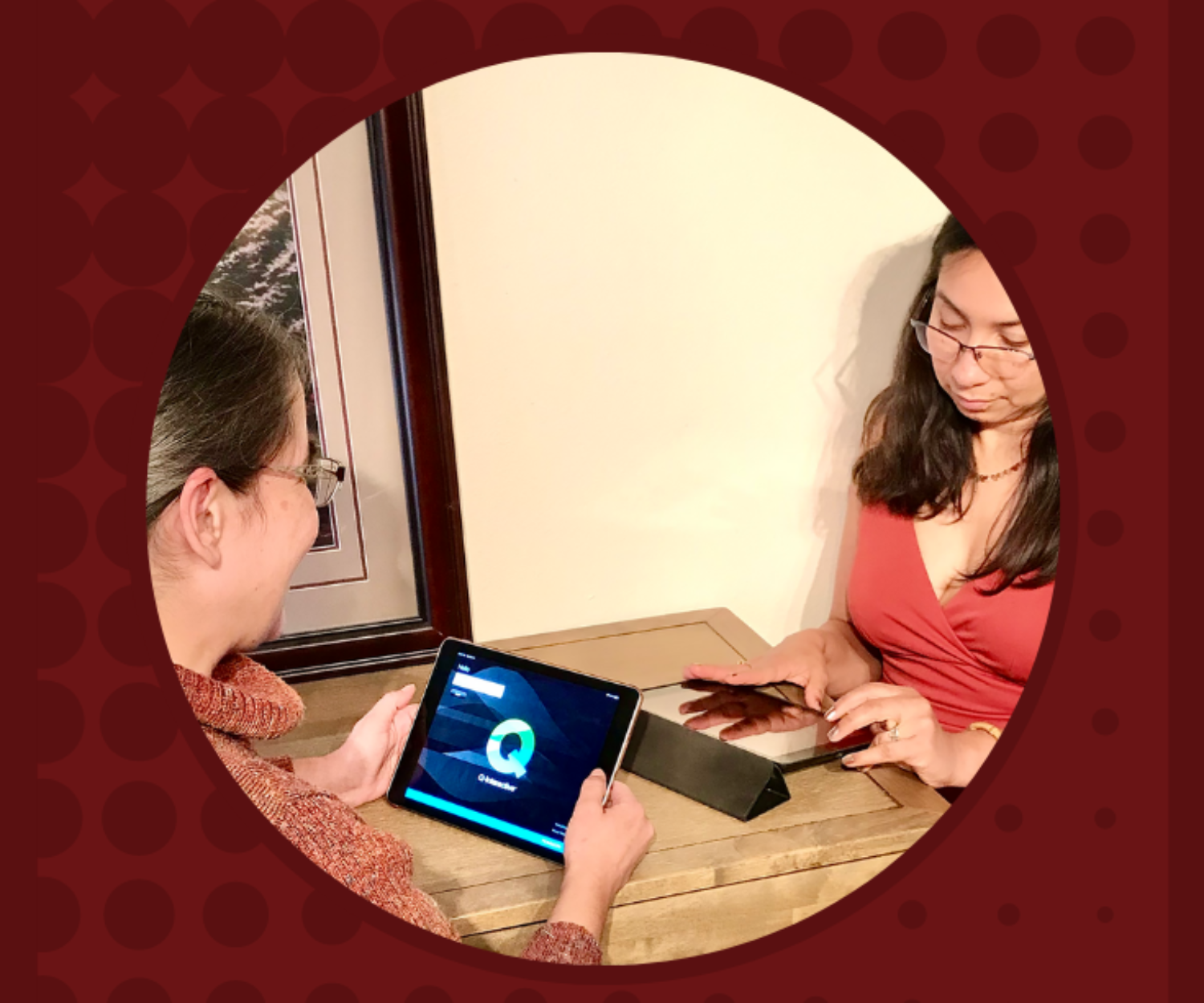Your Personal Energy Audit
When I first started writing about intensity and self regulation 5 years ago, I was coming out of some intense adrenal fatigue and many of my executive functioning strategies to get by in my work were working against me in the energy department. Doing a Personal Energy Audit helped me gain some perspective.
I found myself constantly trying to force myself to do the things I thought I “should” be doing for my health but found difficulty in maintaining those habits due to my executive functioning deficits & undiagnosed ADHD.
I read so many health books, and tried so many alternative therapies, but the best shift for me was not in physical changes but in mental ones.
5 Areas of Energy Balance
I became aware of the 5 domains of energy balance, physical, emotional, mental, social and spiritual and started looking at how my daily activities were either energizing me or draining me or causing stress. With this knowledge I was able to start working in more energizing activities and reduce the draining ones.
Physical
Energizing
- Calming the Nervous System
- Movement
- Nourishing food
- Fresh air/ nature
- A special calming place with low stimulation
- Taking a warm/hot bath
Draining/Stressful
- Fight/Flight triggers
- Noises
- Too much visual stimulation
- Not enough exercise
- Draining foods
- “Super stimulants” such as excess sugar, processed food or video games that are designed to create a spike in energy and leave you depleted when you are done, which makes you crave more.
Emotional
Energizing
- Things that are motivated by assertiveness and make you feel brave
- Conversation with a good friend
- Time in nature
- Journaling
- Mindfulness/meditation
- Physical exertion
Draining/Stressful
- Things that bring feelings of anxiety, shame, fear and/or apprehension
- Strong emotions both positive (over-excited) & Negative (anger, fear)
- New and confusing emotions
- Emotional entanglements
- Hormone imbalance
Mental
Energizing
- Things that bring you pleasure
- Whatever inspires and excites you
- Creativity
- Play
- Finding meaning in whatever you do
- Affirmations
Draining/Stressful
- Things we do out of “duty” rather than pleasure
- Certain kinds of information that is difficult to process
- Mental work that is too difficult
- Work that is too mentally easy or boring
- Worries about what other people think
- Things we think we “should” be doing
Social
Energizing
- Putting your own oxygen mask on first
- Optimal socialization for you (depending on preference)
- Being around people who energize you
- People you communicate well with
- When you can “read” people
- Creating a safe space or “burrow”
- Internal motivation – comfortable to “do you”
Draining/Stressful
- Trouble predicting the behavior of others
- External motivation/approval seeking
- Being around draining people
- Always putting others first
- Feeling socially “unsafe”
- Crowds/too many people
- Trouble “reading” people
Spiritual/Connection
Energizing
- Things that make you feel powerful
- Feeling connected
- “Me time” – time to connect with yourself
- “We time” – time to connect with someone else
- Setting clear boundaries
- Having a sense of purpose and direction
Draining/Stressful
- Things that make you feel powerless
- Feeling disconnected
- Social media, TV, other electronic entertainment
- Processed food, which can disconnect us with our bodies
- Things that make you feel enmeshed in other people’s stress
- Lack of sense of “meaning” and direction
Moving from “Self-Control” to “Self-Regulation”
I also looked at how my own intensity affected my stress cycle. Since our reaction to stress increases exponentially with each stressor, those of us who already react more intensely start from a higher state of reactivity. This is why building our own self regulation skills is so imperative.
When I say self regulation, it is not to be confused with self control. The term self control comes from a judgemental place where we try to push ourselves into the things we think we “should” do. Self regulation, on the other hand, is more about developing tools and creating an environment where we can thrive.
Your Time is Limited
When we focus on what we SHOULD do instead of what we can cut out, or how we want to be spending our time, even things that should give us more energy can be a drain. For example, for me focusing on changing my diet and excercise became a burden because I wasn’t doing enough things that brought me joy. Even though those health related things should help my energy, it’s hard to prioritize them when I’m already depleted.
When I first did these activities and realized how much time I was spending working and how little time in my day I had left, it helped me learn to prioritize energizing activities into that time instead of taking on draining activities or relationships.
Looking at the different roles we play, we can reevaluate where we want to focus our time.
What takes up the time of your week?
Map out your week with the activities you do in a typical week. Be sure to include work, play, family time, meal prep etc.
Try to include all aspects of your day so you can evaluate how much of your time is spent on energizing activities vs. draining ones.
As a bonus, reprint the week map and create your ideal week.
How do you want to be spending your time?
Draw yourself in the middle, and then think about the different roles you play in your life.
List the different types of activities you play in each role and then show the space of time you would like to spend on each role based on these activities using circles to represent hours per week.
Making room for joy & play!
Taking these things into consideration, I took a deep look at how I spent my own time and where it was draining and energizing to me. I came to realize that while there were some draining things I had to do to survive, there were other things I could let go in order to make room for the things that brought me energy.
I also realized that how draining something is depends on how I approach it and my thoughts about it. If I could shift my “shoulds” to “wants” by exploring the benefits I get from it, that can help. Finding ways to add fun and play to those activities can make it even more energizing!
Most recently I’ve been working on being more in the present moment, as dwelling in the past or ruminating about the future is inherently draining. Working from home more now, I find myself prone to what Brigid Schulte calls “contaminated time,” where I may be doing one thing in the moment but am worried about something else.
Balancing Your Time & Energy
In my fourth workbook, Balancing Your Time & Energy, I break down these aspects of balancing your time and energy and offer more tools so you can shift your energy in a positive way.
As always, you can get my first workbook in the Ignite Your Power series on Harnessing the Power of Your Intensity Free here.
Free Lesson on Balancing Your Energy & Stress
I’m also creating some family friendly tools and videos on topics related to problem solving and self-regulation. In this video, you will learn about the 5 energy domains and how you can use them to balance your own levels of energy and reduce stress.
Pin for Later!
Explore More!
Giftedness * Identity * Intensity * Neurodivergence * Positive Disintegration * Relationships * Self Care * Self Regulation * Twice Exceptionality













